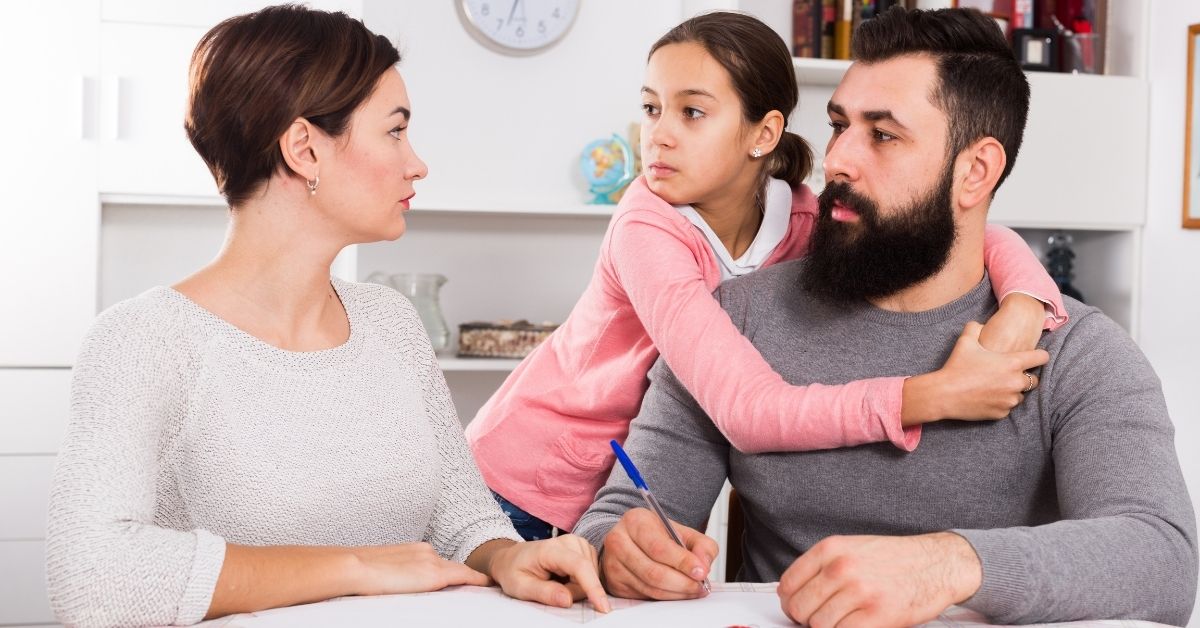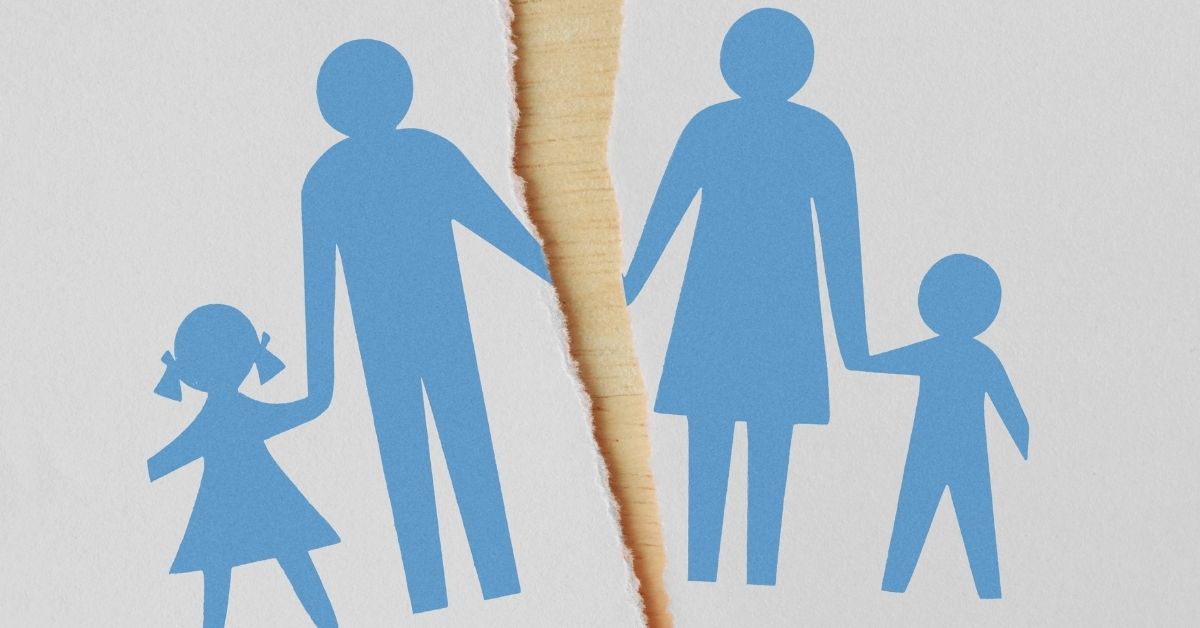In the aftermath of divorce, children often become unwitting passengers on an emotional rollercoaster, experiencing profound changes that can reshape their psychological landscape. While some children demonstrate remarkable resilience, others may require professional intervention through child therapy after divorce to navigate this complex transition. Understanding these signs requires more than just casual observation—it demands a nuanced appreciation of how trauma and significant life changes manifest in young minds.
Persistent Sadness or Withdrawal
One of the most common signs that a child may need therapy after divorce is constant sadness or withdrawal from things they once enjoyed. Children might feel a sense of loss not only regarding their family structure but also about friendships and routines that have changed. This sadness can manifest as a lack of interest in socializing or engaging in hobbies.
Why It Occurs: Children often internalize the emotional turmoil of divorce, leading to feelings of abandonment or confusion. They may struggle to articulate their emotions, resulting in withdrawal as a coping mechanism.
What to Do: Encourage open communication. Create a safe space for your child to express their feelings without judgment. If these feelings persist, consider seeking child therapy to help them process their emotions constructively.
Increased Anxiety or Fear
If your child exhibits heightened anxiety or fearfulness—such as worrying excessively about the future, separation anxiety, or fear of being alone—it may indicate they are struggling with the changes brought on by divorce.
Why It Occurs: Divorce can create an unstable environment, leading children to feel insecure about their safety and relationships. They might fear losing one parent completely or worry about changes in living arrangements.
What to Do: Validate their feelings and reassure them that both parents will continue to be there for them. If anxiety escalates or interferes with daily activities, professional help through child therapy after divorce can provide coping strategies and emotional support.
Behavioral Changes
Watch for significant changes in behavior, such as increased aggression, defiance, or regression in previously mastered skills (like bedwetting). These behaviors can be signs of distress and confusion.
Why It Occurs: Children often express their feelings through behavior when they cannot articulate them verbally. The upheaval caused by divorce can lead to frustration and anger, which may manifest as acting out.
What to Do: Address these behaviors calmly and consistently. Establishing routines provides a sense of stability. If behaviors continue or worsen, consider consulting a therapist who specializes in child therapy after divorce, as they help identify underlying issues and work on behavioral strategies.
Academic Difficulties
A noticeable decline in academic performance or loss of interest in school activities can signal that your child is struggling emotionally. They may have trouble concentrating or completing assignments.
Why It Occurs: The stress of divorce may distract children from their studies and lead to difficulties in focusing on schoolwork. Emotional distress can also affect their motivation and energy levels.
What to Do: Monitor academic performance closely and communicate with teachers about any observed changes. If academic struggles persist, engaging in child therapy can help address emotional barriers affecting learning.
Changes in Sleep Patterns
If your child experiences nightmares, insomnia, or excessive sleeping, it could be a sign of anxiety related to the divorce.
Why It Occurs: Emotional distress often affects sleep quality. Children may have difficulty processing their feelings at night when they are left alone with their thoughts.
What to Do: Establish a calming bedtime routine that includes relaxation techniques such as reading together or practicing deep breathing exercises. If sleep issues continue, consider professional help through child therapy, where therapists can provide strategies tailored to your child's needs.
When Intervention Becomes Critical
The need for child therapy after divorce becomes crucial when you observe:
Timeline Considerations:
- Symptoms persisting beyond 6-8 months post-divorce
- Intensification rather than gradual improvement of symptoms
- Cyclical patterns of improvement and deterioration
Impact on Daily Functioning:
- Academic performance showing patterns of inconsistency
- Social withdrawal that evolves into social skill degradation
- Sleep disruptions affecting cognitive functioning
- Emotional dysregulation affecting peer relationships
What If No Signs Arise?
It's essential to recognize that not all children will exhibit clear signs of needing therapy after a divorce. This can indicate either:
Healthy Resilience:
- Strong pre-existing coping mechanisms
- Effective support systems
- Natural emotional intelligence
Concerning Suppression:
- Delayed emotional processing
- Advanced emotional masking
- Internalized trauma responses
Conclusion
Remember, seeking child therapy after divorce isn't admitting failure—it's providing your child with additional tools for emotional processing and resilience. The goal isn't just to address immediate concerns but to help children develop healthy coping mechanisms that will serve them throughout their lives.
By staying attuned to these complex indicators and understanding their deeper significance, parents can better support their children through this challenging transition, ensuring that temporary difficulties don't become permanent emotional patterns.









